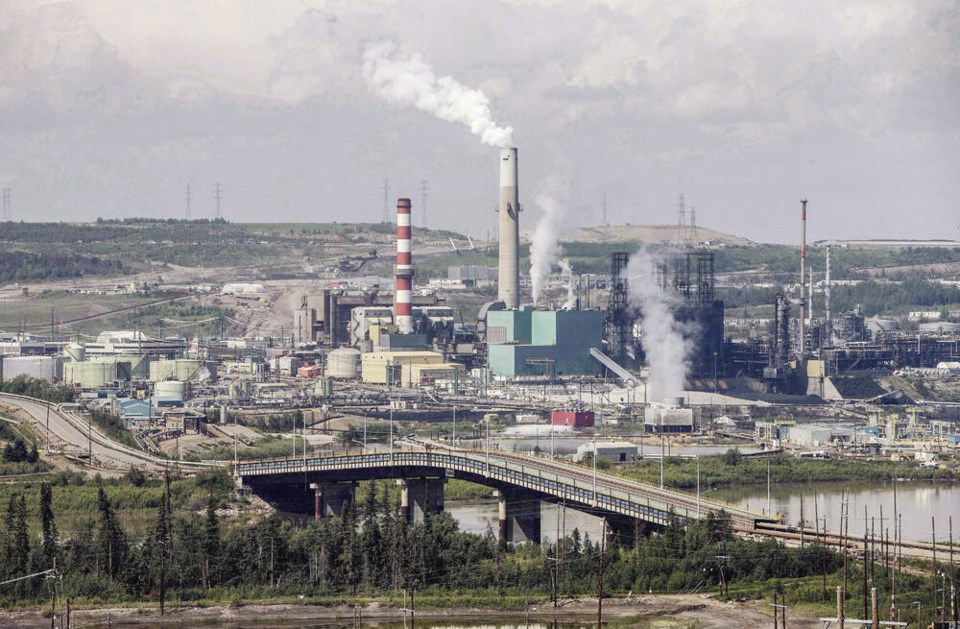This is the third of four editorials on the issues gaining most traction in the federal election campaign. So far we’ve looked at proposals for dealing with the COVID-19 outbreak and at measures to rebuild the economy.
Today’s topic is climate change. A recent Angus Reid survey found that Canadians believe this will be most important issue confronting whichever party forms the next government.
As things stand, it’s not at all clear which party that will be.
The Conservatives are holding onto a three-point lead over the Liberals, and there are signs that voters have become restless with Justin Trudeau’s leadership, in particular women voters.
At the same time, polls show a majority of Canadians expect the Liberals to form another minority government, though many dislike that prospect.
Of the three main parties, climate change, and what to do about it, poses by far the greatest challenge for the Conservatives.
At the party’s policy conference in March, delegates rejected adding to their platform “climate change is real,” and “[the party] is willing to act.” This despite the fact that party leader Erin O’Toole personally backed these commitments.
But late last month, the reality of public concerns about global warming sank in. The Conservatives have now backed a carbon tax, once anathema to the party.
O’Toole has said specifically that the most effective way to reduce greenhouse gas emissions is through this tax. The question is whether such a late conversion will strike voters as genuine.
Maybe as important, how will the party’s right wing react? Perhaps in an attempt to head off internal conflict, O’Toole has come down in favour of building the Northern Gateway pipeline, a project the federal government has shelved.
Both the Liberal and NDP parties face no such difficulties. Both have championed a variety of policies to combat climate change, and the campaign has provided a platform to expand on these ideas.
The Liberals have said that in addition to raising the carbon tax from $50 per tonne in 2022, to $170 by 2030, they will require oil and gas production companies to reach net-zero emissions by 2050.
They will also require half the vehicles sold in Canada to be electric-powered by 2030, and 100 per cent by 2035.
The NDP is promising to reallocate subsidies away from oil and gas companies, and toward the clean-energy sector. Like the Liberals, they are also committed to reaching net-zero greenhouse gas emissions by 2050.
If there is a problem with these proposals, it is that they are easier made than kept. Worldwide, the history of efforts to reduce greenhouse gas emissions and convert to clean energy has been checkered at best.
There are also practicality issues. Last year just 3.5 per cent of vehicles sold in Canada were electric-powered. Can that figure really be raised to 50 per cent by 2030?
Then again, it’s one thing to say that 50 per cent of vehicles built in Canada SHOULD be electric-powered by 2030. It is another thing to promise that 50 per cent of cars sold in Canada MUST meet that requirement.
The value of vehicles and related parts imported into Canada stands at around $85 billion. Can our federal government impose domestic energy policies on foreign producers?
The impression that emerges is that none of the major parties has truly engaged the issues at stake.
We have virtue signalling and identity politics, but overall a lack of realism and well-thought-out plans.
It must also be said that, to this point in the election, none of the party heads has projected the kind of maturity and hard-won experience we expect from a would-be prime minister.
With just over a week left in the campaign, we’re still waiting for a genuine leader to step forward.



